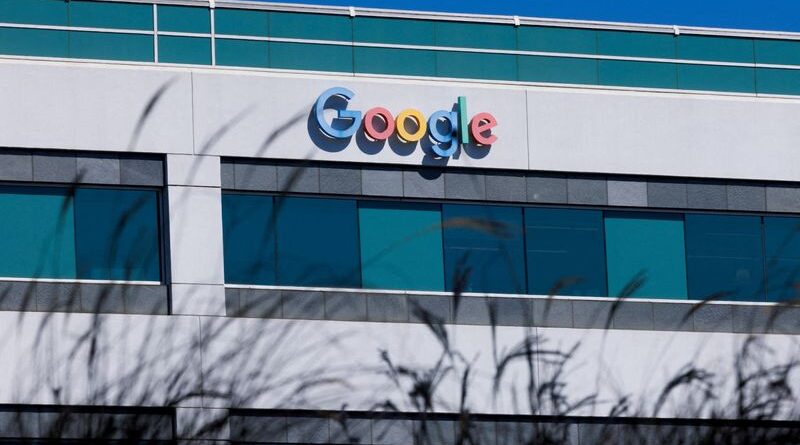Google strikes deal to buy fusion power from MIT spinoff Commonwealth
By Timothy Gardner
WASHINGTON (Reuters) -Alphabet’s Google said on Monday it has struck a deal to buy power from a project in Virginia fueled by fusion, the reaction that powers the sun and the stars but is not yet commercial on Earth.
Google signed what it called the technology’s first direct corporate power purchase agreement with Commonwealth Fusion Systems, a company that spun off from the Massachusetts Institute of Technology in 2018.
The deal is for 200 megawatts of power, about enough to power a small city, from CFS’s ARC project that is being developed in Virginia, home to the world’s biggest hub of energy-hungry data centers. Financial details of the deal were not disclosed.
Physicists at national laboratories and companies have been trying for decades to use lasers or, in the case of CFS, large magnets to foster fusion reactions, in which light atoms are forced together to release large amounts of energy.
In 2022, the Lawrence Livermore National Laboratory in California briefly achieved net energy gain in a fusion experiment using lasers.
But achieving so-called “engineering break-even,” in which more energy comes out of a reaction than the overall energy that goes into a fusion plant to get a reaction going, has been elusive. And for a plant to generate power from fusion, the reactions must be constant, not rare.
“Yes, there are some serious physics and engineering challenges that we still have to work through to make it commercially viable and scalable,” Michael Terrell, Google’s head of advanced energy, told reporters in a call. “But that’s something that we want to be investing in now to realize that future.”
As artificial intelligence and data centers boost power demand around the world, interest in fusion is spiking. Fusion, unlike nuclear fission, in which atoms are split, does not generate large amounts of radioactive waste. In addition, fusion, if successful, could help fight climate change.
CFS aims to generate power from the 400 MW project known as ARC in the early 2030s but must first clear the scientific hurdles.
“Without partnership and without being bold and setting a goal and going for it, you won’t ever reach over those challenges,” Bob Mumgaard, CFS’s CEO and co-founder, told reporters. He said the ARC plant will teach CFS about the “teething phase” of fusion, in which he expects to learn about how often fusion machines break down and how they can run reliably.
Google also said on Monday it was increasing its investment in CFS, but did not disclose the amount. Google was one of many investors that invested a total of $1.8 billion into CFS in 2021. Mumgaard said Google’s investment on Monday was “comparable” to its 2021 one.
(Reporting by Timothy Gardner; Editing by Paul Simao)
